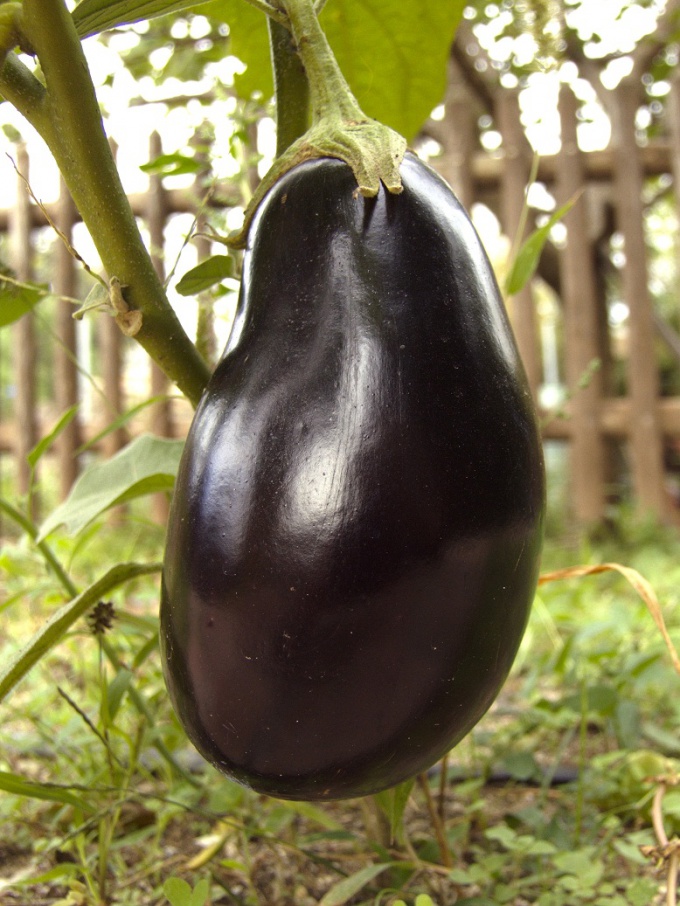Instruction
1
Eggplant needs abundant watering, but humidity should not exceed 70%, otherwise the plant may begin to overheat. Therefore, for the cultivation of these vegetables prepare a greenhouse, which can be easily ventilated with the aim of maintaining the required humidity level.
2
Eggplant has a weak root system, so it absorbs nutrients and water almost exclusively from the surface soil layer, the depth of which is approximately 20-30 cm this is Especially true for young plants. The excess water during the cool weather is detrimental to eggplant - flowers, ovaries, and buds from them in such circumstances fall off. In dry weather the same thing happens from a lack of humidity. If the eggplant to give too much water or, on the contrary, water them enough, they stop growing.
3
It is best to water the eggplants are not at the root, and the grooves, which are placed along the beds. So the plants will start to absorb water at a certain depth, and the ground underneath will remain dry enough. Provided by not too high level of humidity, which is extremely important for the development of eggplant.
4
After watering the plants when the soil has slightly dried, it should proryhlit. It is advisable to do it after each watering plants. So the earth is not formed a dry crust, and the air can freely flow to the root system. If the roots not getting enough oxygen, the power plant is broken - this has a negative effect on the eggplant. They almost do not grow, the crop yielded very little.
5
From time to time don't forget to feed the plants with liquid fertilizer - they need nitrogen and phosphorous compounds.
Note
Eggplants need not only regular watering, but also to protect from pests. Especially dangerous Colorado potato beetle. You also need to make sure that the eggplant is not subjected to various diseases.
Useful advice
During hot, Sunny days, if eggplants grow in a greenhouse, you need to open it all day so they don't overheat and freely ventilated.
